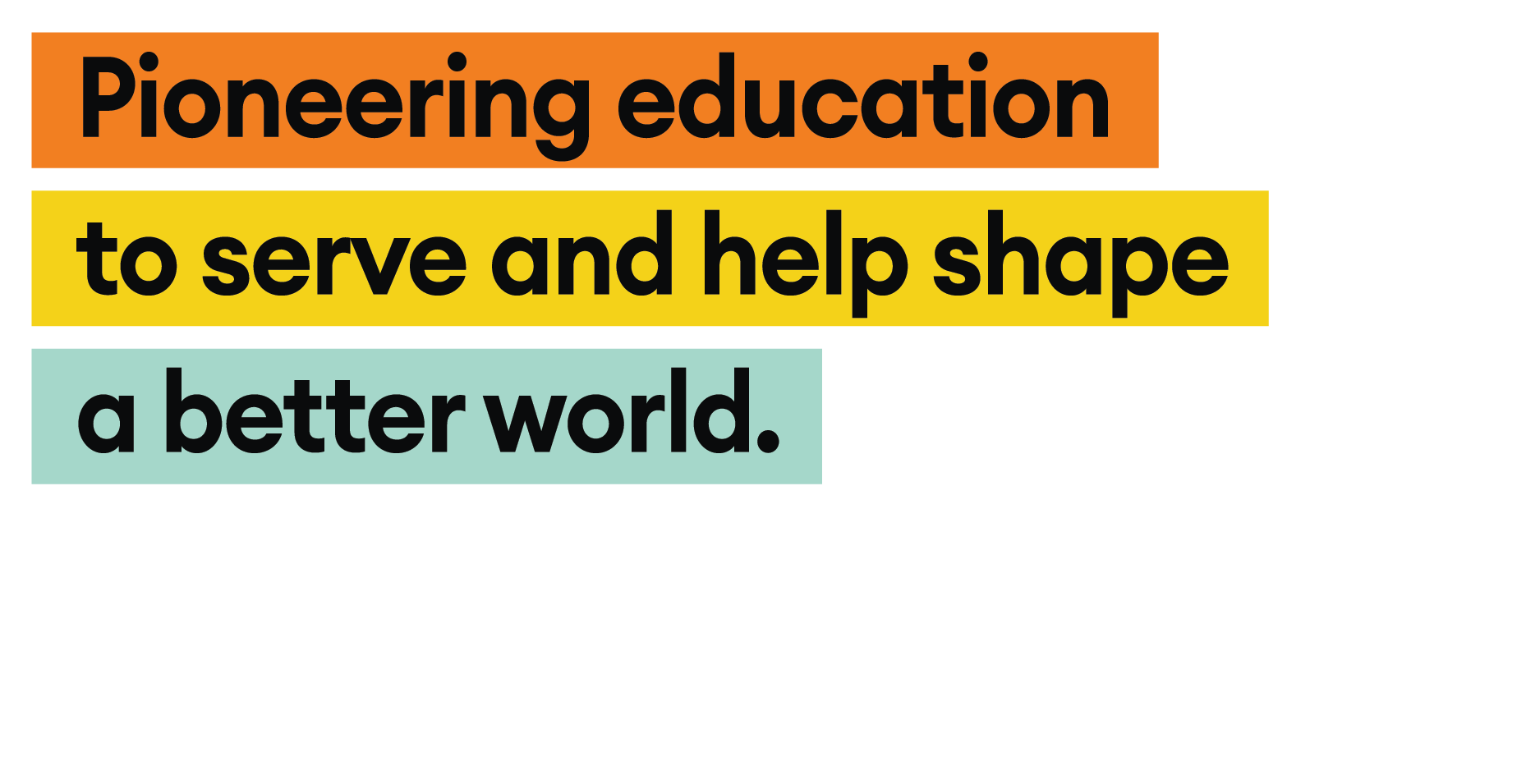Early Applications to Universities: A Comprehensive Guide
Dr Mario Sylvander
Director of Higher Education and Careers
Applying to university is a significant milestone in a pupil's academic journey. Early applications can provide pupils with advantages such as increased chances of acceptance*, reduced stress and more time to prepare for final exams. However, the process requires careful planning, strong academic records and well-prepared application materials. This guide outlines how we support pupils through early applications, what the process entails, what makes an application stand out (or fail), key timelines and a list of universities that accept early applications.
*Acceptance rates depend yearly on the pool of applicants and are complex in how they apply to individuals, so such a measure requires a nuanced appreciation and interpretation.
How We Support Pupils
Our Higher Education and Careers (HEC) team provides structured guidance to ensure pupils submit strong early applications. Our support includes:
Personalised Counselling
One-on-One Meetings: Each pupil is assigned a dedicated university counsellor who helps them identify suitable early application options based on their academic strengths, interests and career goals, beginning in December in Lower Sixth Form and through to Upper Sixth. Parents are invited to one-to-one meetings at that time. There are also one-to-one meetings for G10/Y11 pupils and parents around February to support A Level choices in the context of future goals.
Parent Workshops: We hold workshops on 17 different topics- on average, two per month- throughout the academic year.
Application Preparation
Personal Statement & Essay Guidance: We assist pupils in crafting compelling personal statements (for UK applications) and supplemental essays (for US applications), ensuring they effectively highlight their strengths.
Teacher Recommendations: We guide teachers in writing strong reference letters that align with the pupil's chosen course and university.
Interview Preparation: For universities such as Oxford, Cambridge and Ivy League schools, we prepare and conduct mock interviews to help pupils articulate their thoughts clearly.
Academic & Extracurricular Planning
Subject Choices & Grades: We advise pupils on selecting the right A Level subjects and maintaining strong grades, as early applications often require predicted grades.
Extracurricular Development: We encourage and guide pupils to engage in meaningful activities—such as leadership roles, internships, research projects, or competitions—that strengthen their profiles.
Workshops & Resources
Early Application Workshops: We host sessions on deadlines, requirements and strategies for early decision (US) and early action (US/UK) applications for Upper Sixth Form pupils.
Access to University Platforms: Pupils use designated platforms, including Cialfo from mid-G10/Y11 and UCAS for the UK, with our guidance to streamline their applications.
What's Involved in the Process?
Early applications vary by country and university system.
UK Early Applications (Oxford, Cambridge, Medicine, Dentistry, Vetinary Science)
UCAS Deadline: Typically, 15 October (earlier than the January deadline for most courses).
Requirements:
-
Predicted grades
-
Personal statement
-
Teacher reference
-
Admissions tests possible (e.g., BMAT, LNAT, PAT)
-
Interviews (shortlisted candidates)
-
IELTS
US Early Applications (Early Decision & Early Action)
-
Early Decision (ED): Binding agreement (pupil must attend if accepted). Deadlines are usually 1 or 15 November.
-
Early Action (EA): Non-binding (pupil can apply to other schools). Deadlines are similar to ED.
Requirements:
-
Common App
-
Supplemental essays
-
Standardised test scores (SAT/ACT, if applicable)
-
School reports and transcripts
-
Letters of recommendation
-
IELTS/TOEFL/Duolingo English Test (DET)
Others (Hong Kong (China), Canada, Singapore)
Some universities (e.g., HKU, UToronto, NUS) have early rounds with deadlines as early as November.
What Looks Good vs. Bad on an Application
What to Include
-
Strong Academic Record: High predicted grades and a rigorous course load (IGCSE, A Levels).
-
Well-Written Personal Statement/Essays: Clear, concise and reflective of the pupil's passion for their chosen field.
-
Relevant Extracurriculars: Depth over breadth—focus on leadership, research, or contributions related to the course.
-
Teacher Recommendations: Insightful letters that highlight the pupil's intellectual curiosity and character.
-
Early Standardised Test Scores (for US): Competitive SAT/ACT scores submitted ahead of deadlines.
What to Avoid
-
Generic Statements: Clichés like "I've always wanted to be a doctor" without evidence
-
Overloading Activities: Listing too many unrelated clubs with no real involvement.
-
Last-Minute Applications: Rushed essays or missing documents hurt credibility.
-
Ignoring Fit: Applying early to a prestigious school without considering if it aligns with the pupil's goals.
Timelines for Early Applications
UK (Oxford, Cambridge, Medicine)
-
Jan–Mar (Lower Sixth), Research courses, admissions tests
-
Apr–Jun, Draft personal statement
-
Sep, Finalise UCAS application
-
15 Oct, UCAS deadline
-
Nov–Dec, Admissions tests & interviews
-
US (Early Decision/Action)
US (ED/EA)
-
Jan–Jun (Y12), SAT/ACT prep, college research
-
Jul–Aug, Draft essays, request recommendations
-
Sep–Oct, Finalise applications
-
1/15 Nov, Early application deadlines
-
Dec, Decisions released
Universities That Take Early Applications
UK
-
Oxford & Cambridge (15 Oct deadline)
-
Medicine/Dentistry/Vetinary Science (15 Oct)
-
Imperial, LSE, UCL (Encourage early submission)
US
-
Early Decision (Binding): Harvard, Yale, Columbia, UPenn, Brown, Dartmouth, others...
-
Early Action (Non-Binding): MIT, Stanford, UChicago, Georgetown, USC, others...
Other Regions
-
Hong Kong: HKU, CUHK (Early rounds in Nov–Dec)
-
Canada: UToronto, McGill (Early admission deadlines vary)
-
Singapore: NUS, NTU (Early applications accepted)
Early applications can be a strategic advantage, but they demand meticulous preparation. Our HEC team ensures pupils navigate this process with confidence, from selecting the right universities to submitting polished applications. By focusing on academic excellence, authentic storytelling and strategic planning, pupils can maximise their chances of success in the competitive world of early admissions.
For further guidance, parents are encouraged to attend our workshops and schedule one-on-one counselling sessions when invited. With the proper support, early applications can be a rewarding step toward a bright academic future.
Related Articles
















